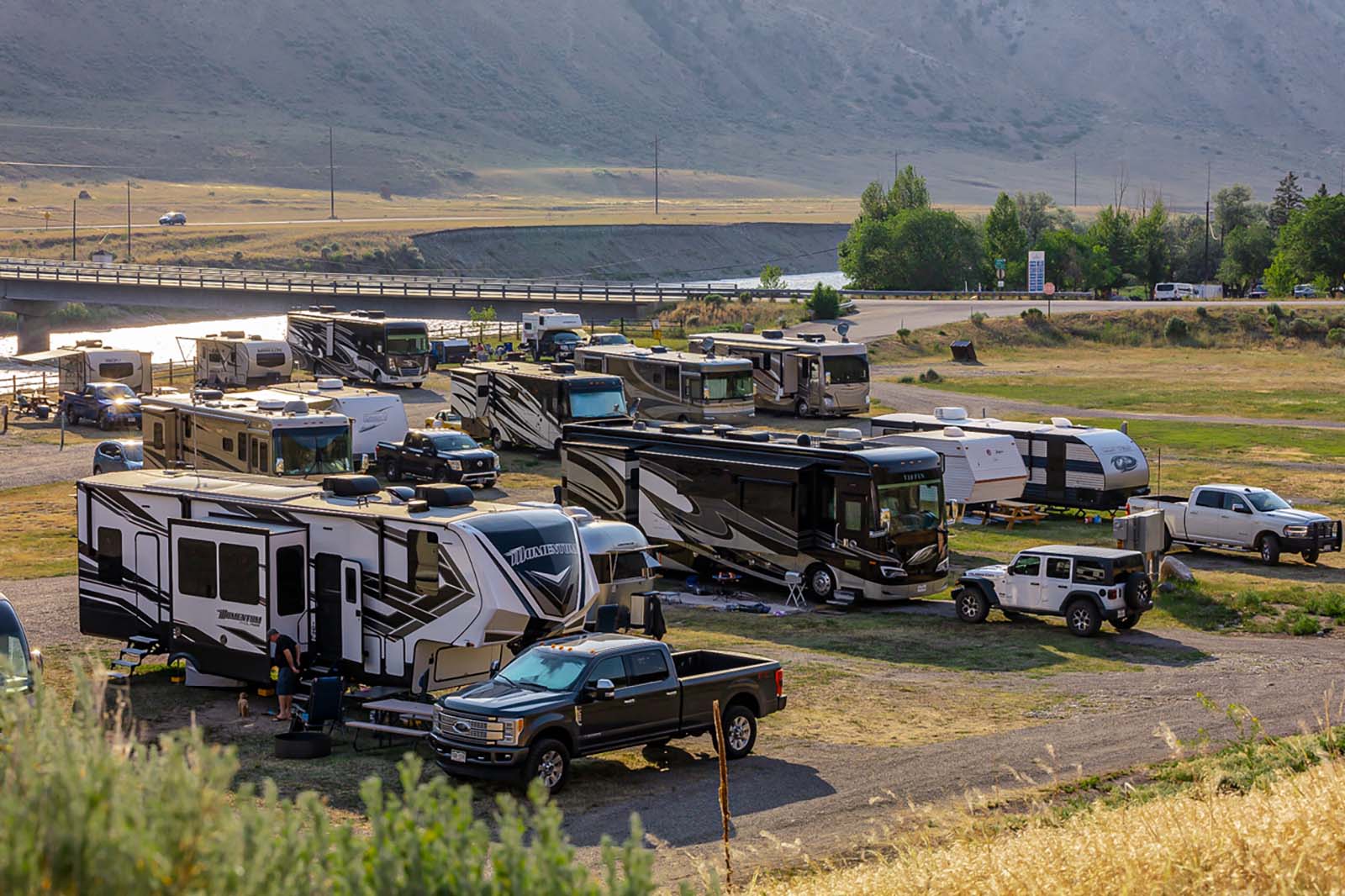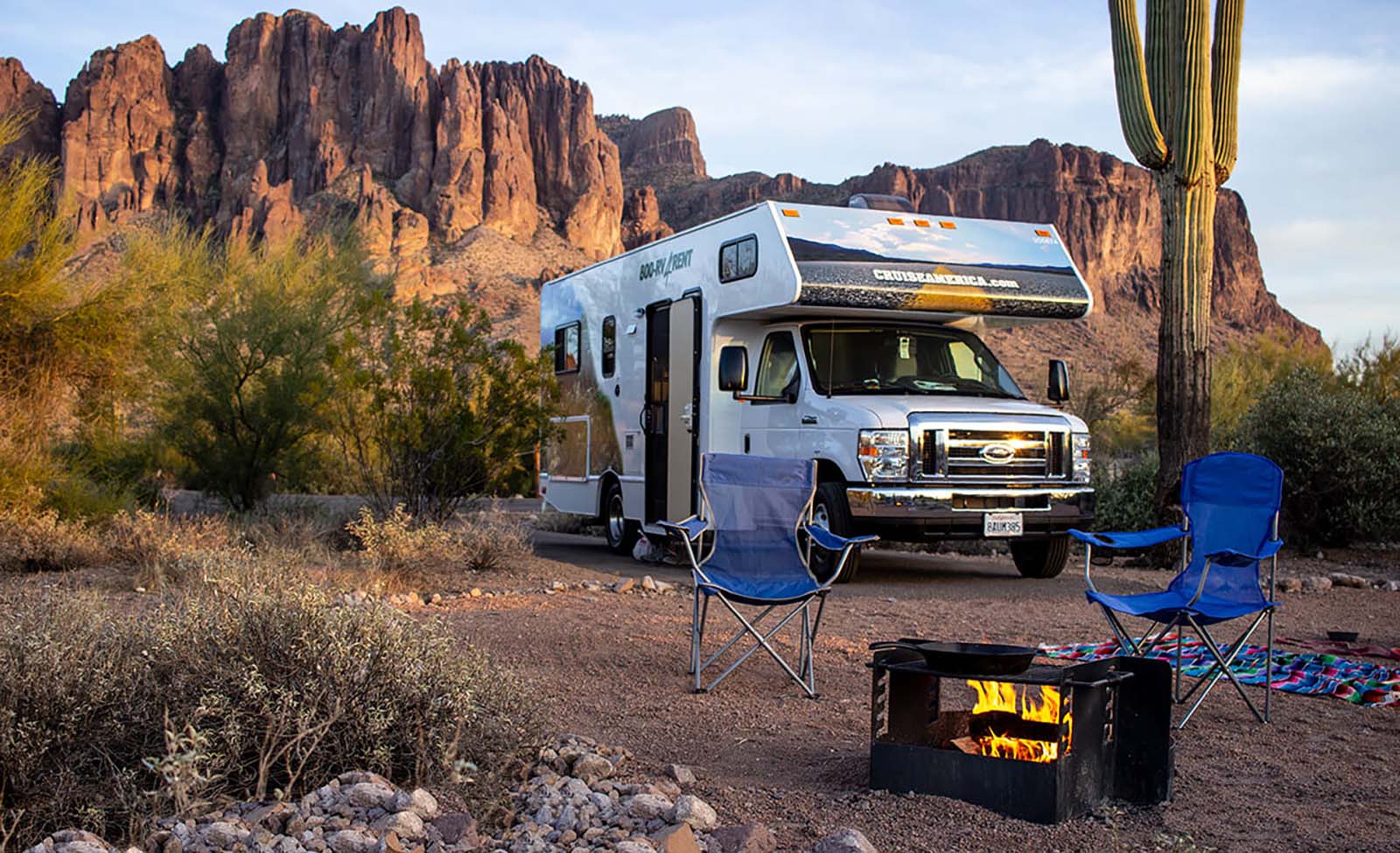H2: Why Should RV Batteries Be Removed in Winter? H3: Importance of Removing RV Batteries for Winter Storage H3: Ensuring a Longer Lifespan for Your RV Batteries H3: Protecting RV Batteries from Cold Temperatures H3: Avoiding Damage to the RV Electrical System H3: Steps to Safely Remove RV Batteries for Winter H3: Proper Winter Storage for RV Batteries H3: Tips for Maintaining RV Batteries during Winter H3: Common Mistakes to Avoid with RV Battery Storage H3: Final Thoughts on Winterizing RV Batteries

Heading 2 (H2): Why Should RV Batteries Be Removed in Winter?
The winter season brings frigid temperatures and adverse weather conditions, making it crucial to properly prepare and store your RV. An essential aspect of winterizing your recreational vehicle is removing the batteries. This article will explore why it is important to remove RV batteries during the winter months.
Heading 3 (H3): Importance of Removing RV Batteries for Winter Storage

Removing your RV batteries during the winter is vital to ensuring their longevity and avoiding potential damage. Batteries are susceptible to freezing during cold weather, leading to irreversible damage. By removing them and storing them in a controlled environment, you can safeguard your investment and prolong their lifespan.
Heading 3 (H3): Ensuring a Longer Lifespan for Your RV Batteries
Removing the batteries from your RV before winter sets in can significantly extend their lifespan. Cold weather can cause chemical reactions inside the batteries to slow down, affecting their overall performance. By storing them in a dry and temperature-controlled location, you can prevent this slowdown and increase their lifespan.

Heading 3 (H3): Protecting RV Batteries from Cold Temperatures
Extreme cold temperatures can be detrimental to RV batteries. Freezing temperatures can cause the battery’s electrolyte solution to expand and potentially crack the casing. This damage may lead to leakage, reduced performance, or even complete failure of your batteries. To prevent this, removing the batteries and storing them safely in a warmer and controlled environment is crucial.
Heading 3 (H3): Avoiding Damage to the RV Electrical System
Leaving batteries in an RV during the winter can also pose risks to the electrical system. In freezing temperatures, the battery may discharge, causing it to weaken or die entirely. When this happens, your RV’s electrical system may struggle to function correctly, resulting in issues with starting the vehicle or running essential appliances. By removing and properly storing your batteries, you can avoid potential damage to the electrical system.
Heading 3 (H3): Steps to Safely Remove RV Batteries for Winter
1. Start by disconnecting all power sources to your RV, including shore power and solar panels. 2. Locate the battery compartment and remove the battery cover if applicable. 3. Carefully disconnect the terminals by loosening the nuts and removing the cables. Remember to remove the negative terminal first, then the positive. 4. Depending on the size and weight of your batteries, utilize assistance or appropriate tools to take them out safely. 5. Once removed, clean the terminals and cables with a battery terminal cleaner, ensuring there is no corrosion or dirt residue.
Heading 3 (H3): Proper Winter Storage for RV Batteries
1. Choose a suitable storage space for your RV batteries, preferably a cool, dry, and temperature-controlled location. 2. Avoid storing them directly on the concrete floor, as it can leach charge from the batteries. Instead, use a wooden pallet or shelf to keep them elevated. 3. Ensure the storage area is well-ventilated to prevent the buildup of harmful gases. 4. Consider using a battery maintainer or charger specifically designed for long-term storage to maintain their charge. 5. Periodically check the batteries throughout winter to ensure they remain in good condition and recharge them if necessary.
Heading 3 (H3): Tips for Maintaining RV Batteries during Winter
1. Regularly inspect the batteries for any signs of damage or leakage. 2. Store the batteries upright and avoid stacking them, as this can cause damage to the casing. 3. Check the battery voltage occasionally and charge them if the voltage drops below the recommended level. 4. Keep the batteries away from flammable materials and sources of ignition to prevent accidents. 5. Consider using a battery monitoring system that alerts you to any issues or changes in the battery’s condition.
Heading 3 (H3): Common Mistakes to Avoid with RV Battery Storage
1. Neglecting to disconnect the battery from all power sources before removal. 2. Storing the batteries in an uncontrolled or extreme temperature environment. 3. Storing the batteries without cleaning the terminals, leading to potential corrosion or poor electrical contact. 4. Failing to monitor and maintain the battery charge level during winter storage. 5. Storing the batteries directly on a concrete floor without insulation or elevation.
Heading 3 (H3): Final Thoughts on Winterizing RV Batteries
Removing your RV batteries during winter storage is a crucial step in protecting your investment and ensuring their optimal performance. By storing them in a controlled environment, following proper maintenance, and periodically checking their condition, you can prolong their lifespan and avoid potential issues. Remember, proper winterization is essential for safeguarding your RV’s electrical system and avoiding costly repairs down the line.

